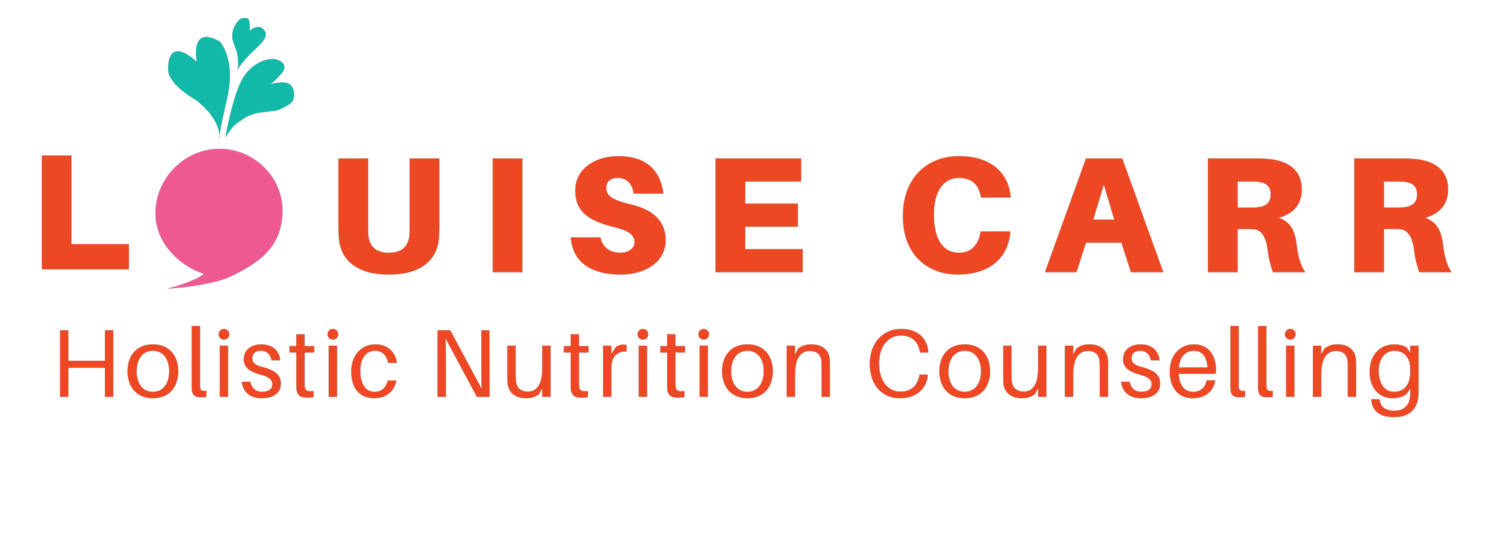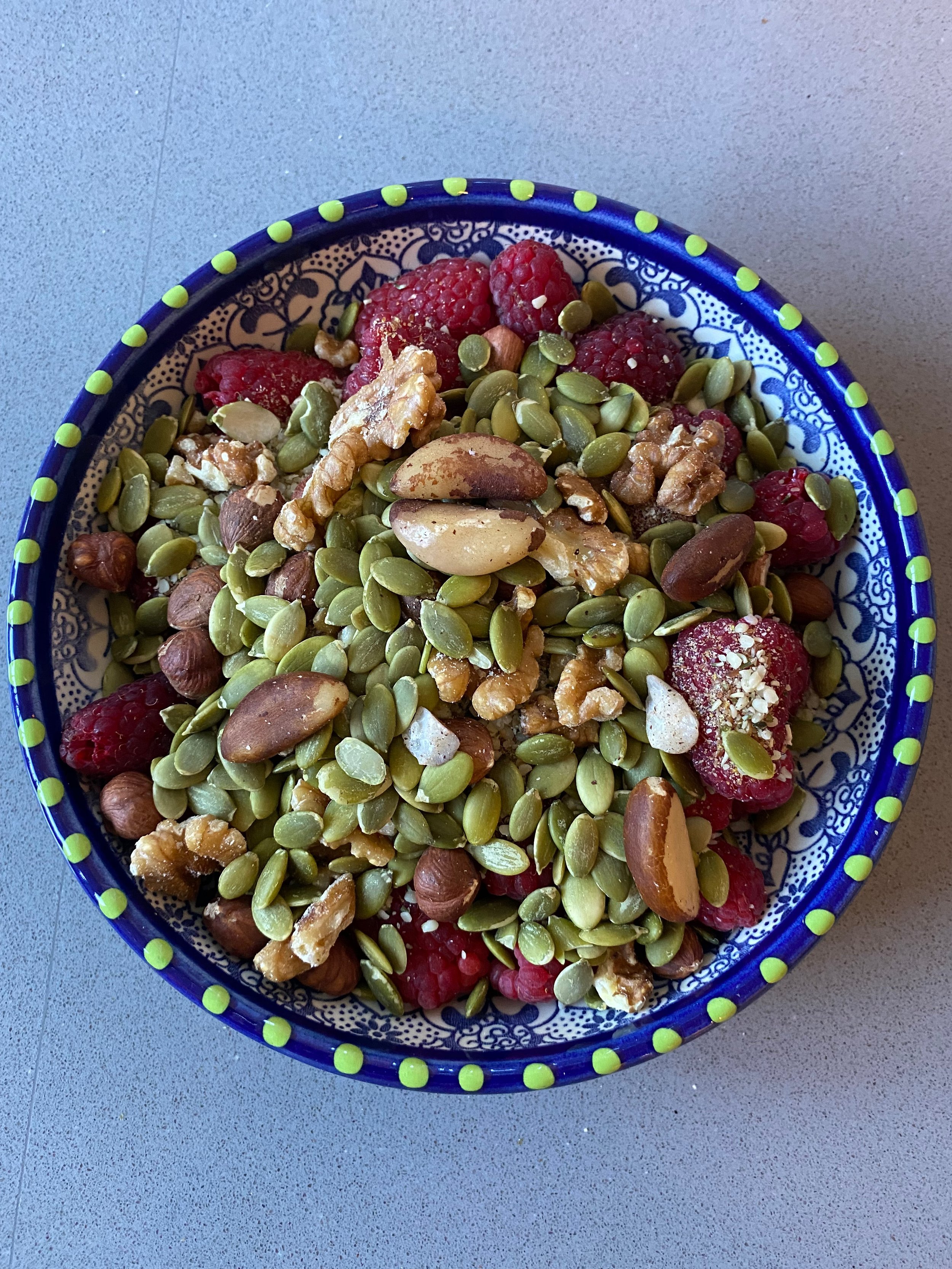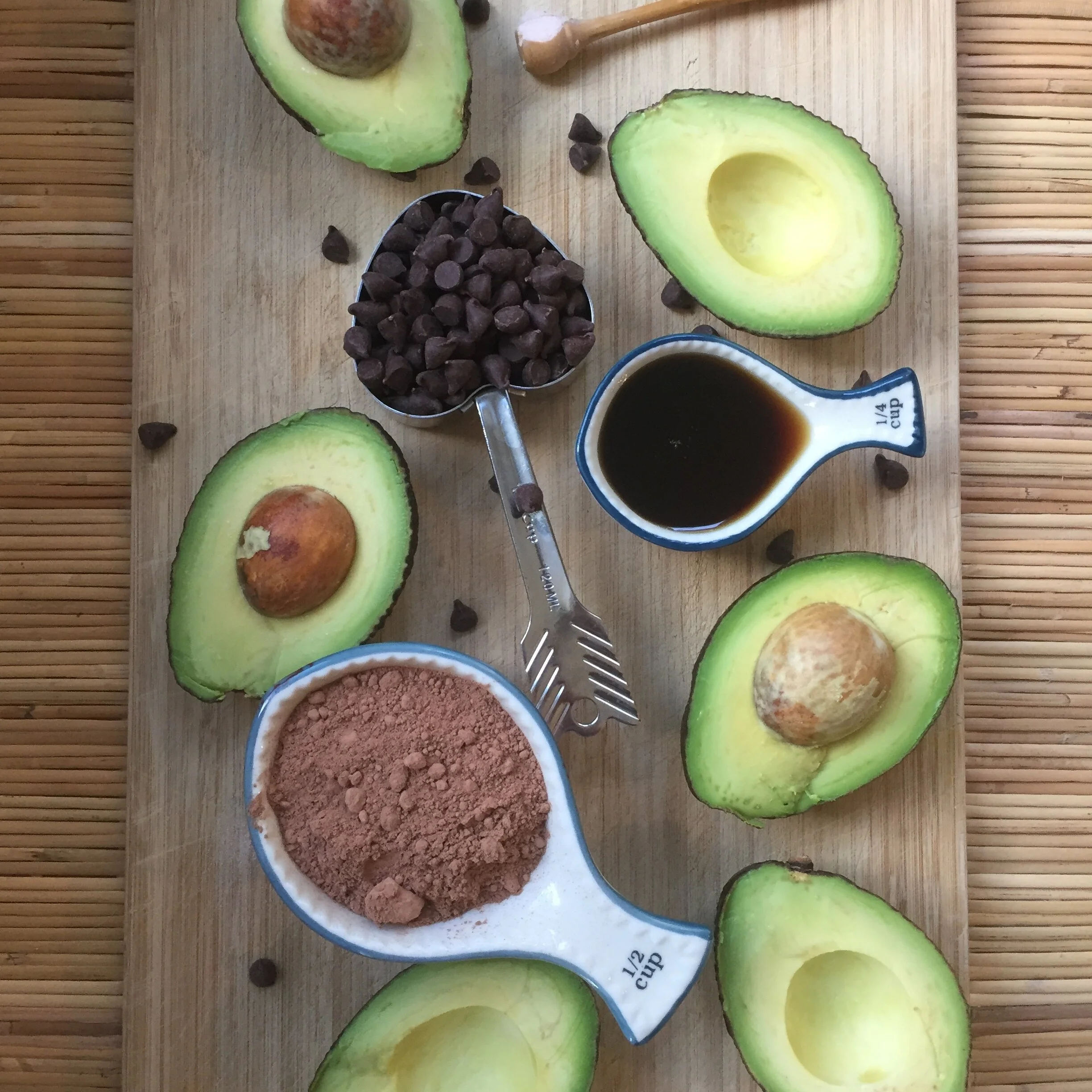Nutrition is a new science and midlife womens health is an under studied area of medicine. This can make life confusing for any midlife woman.
Nutritional advice changes fast as research moves quickly or studies produce differing results in women as opposed to the initial studies carried out on animals or men. We are currently being flooded with research on womens health as medicine wakes up to the fact that women are not small men without penises but instead have a significant hormonal component to their health and are more greatly impacted negatively by stress - in a patriarchy…with misogyny and inequality…carrying the mental and emotional load…who would thunk it?!?
When I meet with new clients, one of their biggest hurdles in eating for vibrant health is an overwhelming amount of often conflicting information.
Cardiovascular disease in midlife women is one of those areas that is undergoing a significant download of research studies carried out on women, whilst at the same time, we are waking up to the power of healthy fats in the diet to support heart health, (even as food companies continue to lobby for low fat = heart healthy branding), the impact of stress on womens health and the fact that estrogen is a heart protective hormone. It is messy and the science based information is hard to find and navigate.
Let’s work through this matrix of information to find out what is best for our heart.
The number one cause of death in women is heart disease. This fact has been obscured for decades as the focus of medical research since the 70’s has been on mens heart health and the prevention of heart attacks in men. Since the mid-1980s, cardiovascular disease has killed more women than men each year. In 2011 alone, cardiovascular disease caused about 10,000 more deaths in women than men. Did you know this? Or are you still worried about your mans heart health?
We now know that estrogen is protective for our heart health and as estrogen declines and we shift into menopause, this is a risk factor for our heart health. To be clear, menopause does not cause cardiovascular disease but menopause is an additional risk factor for cardiovascular disease in women.
There is also the factor of timing when it comes to womens heart health and menopause. Multiple studies carried out over the last couple of years are equating hot flashes with an increase in cardiovascular risk, dependent on the age of the woman. If you are woman who experiences numerous hot flashes very early on in peri-menopause, in your forties, you are more at risk of a serious cardiac event in later life.
Timing is also important when we look at the fact that a woman in her forties who is in full menopause and has not experienced a period for a year has a the same risk of a cardiac event as a woman aged 55 who enters full menopause. It is not our age that is the risk factor but the decrease in estrogen.
This might require us to do some rethinking to change our mindset towards our periods. Periods are annoying, unpredictable and messy in peri-menopause but your period is a significant indicator of vitality, wellbeing and heart protective estrogen in the body. My heart breaks when I see women in online bemoaning and being done with their period in their forties, Your body is talking to you all of the time and your period is a positive affirming message of health.
Midlife women are under tremendous pressure to maintain their youthfulness, thinness and sex appeal in our current society. This new research into womens heart health and hormones is telling us, our focus should lie not on our appearance but firmly on our wellbeing and cardiovascular health.
As we move through hormonal change, the greatest tools for ensuring cardiovascular health over the longer term are food and exercise.
When we get empowered around our food and exercise we are putting control over the outcomes for our health back into our own hands and on our plate.
Let’s look at the foods that help us to move the dial on our cardiovascular health.
Drink your water lady! Our cardiovascular system relies on the smooth running of blood around the system. HYDRATE!
Eat your fibre! Fibre is the midlife womans best friend. It helps to manage excess hormone, maintains the health of our microbiome…an important part of hormone regulation in peri-menopause and supports heart health. Fibre with each meal will help you to maintain your ideal weight and supports metabolic health. Our metabolic health…how we handle sugar, will either support your best cardiac health or tear it down. Eat vegetables, nuts seeds, fruits, berries, beans and lentils. You can also include some whole grains into your diet for fibre but the grain and dairy based diet that is the Standard American Diet is destroying our health, no matter how much we are subsidizing farms to produce these foods in distorted food policies.
Eat your healthy fats. If you are fat phobic because skinny is your ‘health’ goal, you are eating to undermine your heart health. Include olive oil, avocados, walnuts, flax oil, wild salmon, sardines, almonds, pumpkin seeds, sea bass, whole eggs, chia seeds, anchovies, coconut oil, avocado oil, hemp seeds, almond butter, olives, tahini, butter and mackerel. Supplementing with 1000mg of high quality omega 3 fatty acids each morning is also a wise choice.
Avoid sugar, trans fats and processed seed oils such as canola, corn, sunflower and soya oil that drive inflammation in the body. Avoid highly processed fat free foods that are full of fillers and chemicals designed to have the ‘mouth feel’ of fats.
Enjoy foods rich in vitamin E! Vitamin E changes the surface of our red blood cells to decrease the viscosity of our blood. Red blood cells become more slippery and blood flow is improved. Vitamin E can be found in avocados, sunflower seeds, almonds, hazelnut oil, almond oil, pine nuts, wild salmon and Rainbow trout, pistachios, kiwi fruit, Brazil nuts and peanuts. Interestingly supplementation with vitamin E capsules has been shown to reduce the incidence of hot flashes during peri-menopause. Taking 400iu of vitamin E containing mixed tocopherols (vitamin E is made up of different methylated phenols) will support your heart health and reduced hot flashes.
Eat a diet rich in the relaxation mineral magnesium. Magnesium relaxes our vasculature and musculature and supports a lower blood pressure. It is found in leafy greens, avocados, nuts and seeds, beans and lentils, wheat bran and dark chocolate or cacao. Magnesium is a co-factor in over 300 tiny biochemical reactions inside the body but it is estimated by the World Health Organization, less than 60% of the US population get sufficient magnesium in their diet. You know you are short on magnesium if you are constipated, have an annoying eye twitch or restless leg syndrome. Magnesium is fantastic for supporting heart health and aiding sleep. A supplement of 250mg of magnesium citrate, if you are constipated, or magnesium biglycinate, if you are not, taken at bedtime will support heart health and help you to sleep.
It is challenging to learn that midlife hormonal change is a risk factor and can have a negative impact on our health.
I prefer to see this stage of life as a healthy wake up call to what is really important in life - our health, happiness and well-being. A fully informed menopause gives us all of the information we need to step into our power and begin to make changes to eat to improve our overall health so that natural hormonal change does not derail our next chapter.
You got this! one plate at a time.
If you want options for another seriously heart-healing, gluten-free breakfast try my Heart Healthy Buckwheat Bowl







